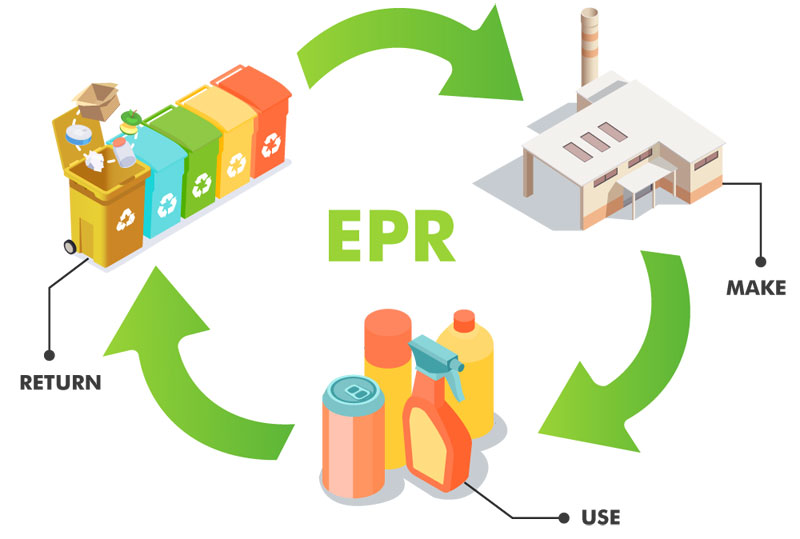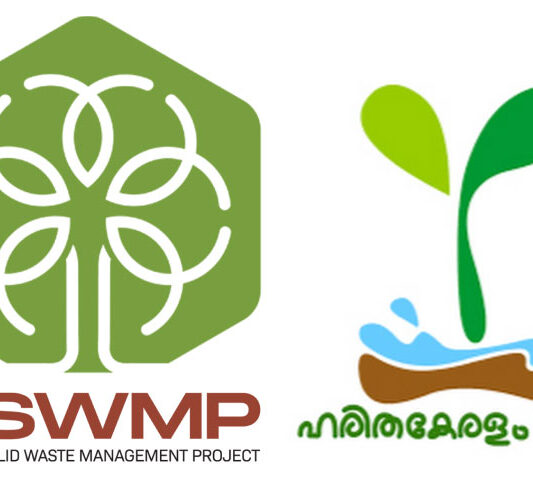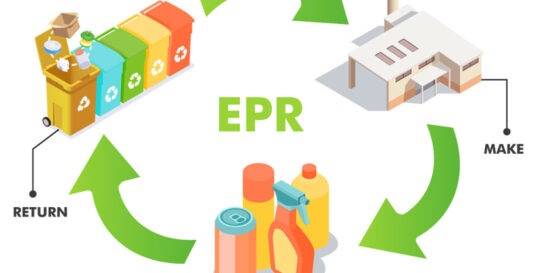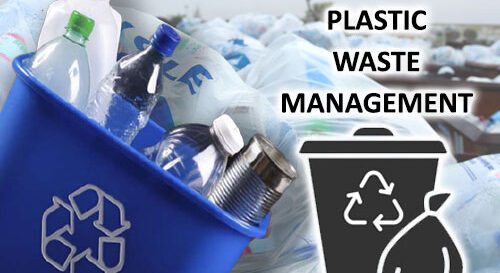Title: Extended Producer Responsibility (EPR): A Sustainable Approach to Waste Management
Introduction:
Extended Producer Responsibility (EPR) is a concept aimed at shifting the responsibility for managing products and their associated waste from local governments and consumers to the producers. It encourages producers to take responsibility for the entire lifecycle of their products, including their disposal, recycling, and safe disposal, thereby promoting a more sustainable approach to waste management.
Key Components of EPR:
1. Legal Framework: EPR policies are typically enshrined in legislation, mandating producers to take responsibility for managing the end-of-life impacts of their products.
2. Product Design: Producers are encouraged to design products with environmental considerations in mind, such as using recyclable materials and minimizing waste generation.
3. Collection and Recycling Infrastructure: Producers establish or contribute to the infrastructure needed for the collection, recycling, and disposal of their products, ensuring that they are managed responsibly.
4. Financial Responsibility: Producers bear the financial burden of implementing EPR schemes, either through direct funding or by contributing to waste management programs.
5. Consumer Awareness: EPR initiatives often include public education campaigns to raise awareness among consumers about the importance of proper waste disposal and recycling.
Benefits of EPR:
1. Promotes Circular Economy: EPR encourages the transition to a circular economy by incentivizing producers to design products that are easier to reuse, repair, and recycle.
2. Reduces Environmental Impact: By ensuring that products are properly managed at the end of their lifecycle, EPR helps reduce pollution, conserve resources, and minimize landfill waste.
3. Shifts Accountability: EPR shifts accountability from local governments and taxpayers to producers, encouraging them to internalize the costs associated with their products’ environmental impact.
4. Encourages Innovation: EPR incentivizes innovation in product design, recycling technologies, and waste management practices, leading to more sustainable solutions.
Implementation Challenges:
1. Regulatory Framework: Developing and enforcing effective EPR legislation requires collaboration between governments, industry stakeholders, and environmental organizations.
2. Cost Implications: Producers may resist EPR initiatives due to concerns about increased costs, which could potentially be passed on to consumers.
3. Infrastructure Development: Establishing the necessary infrastructure for collection, recycling, and disposal may require significant investment and coordination.
4. Monitoring and Compliance: Ensuring compliance with EPR regulations and monitoring the effectiveness of waste management programs can be challenging.
Conclusion:
Extended Producer Responsibility is a key strategy for achieving sustainable waste management by holding producers accountable for the environmental impact of their products. While implementation may pose challenges, the long-term benefits in terms of reduced waste, resource conservation, and environmental protection make EPR a vital component of modern waste management policies. Collaboration between governments, industry, and civil society is essential to successfully implement and enforce EPR initiatives.






